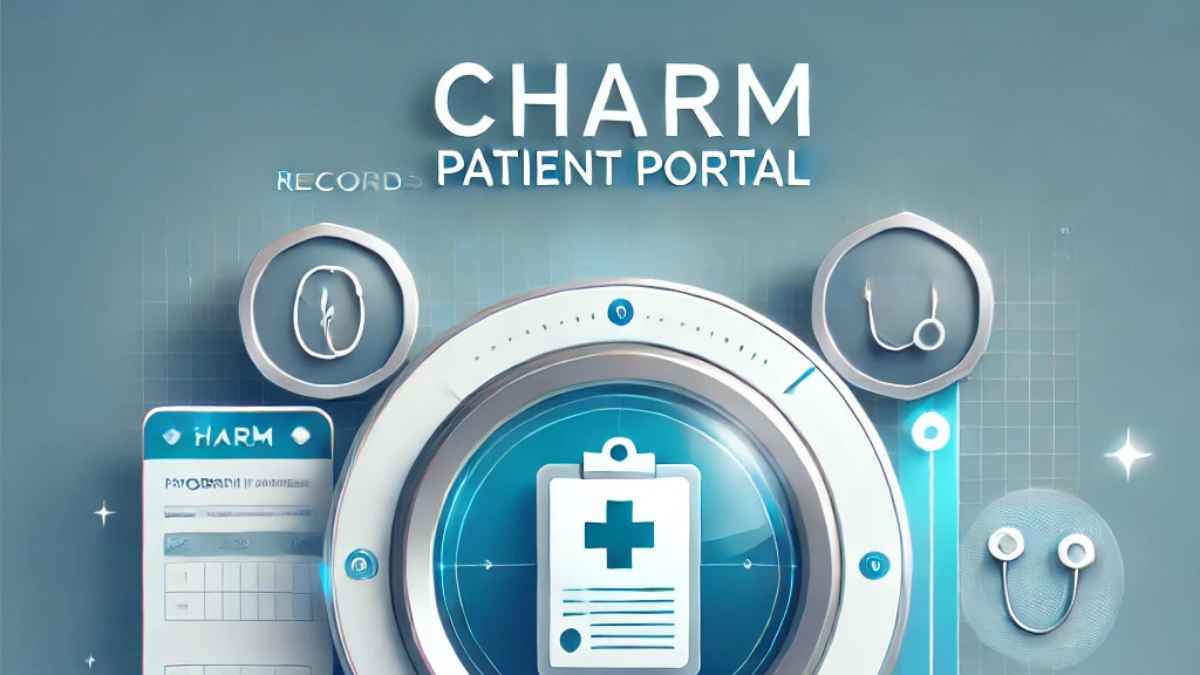Choosing the right path to recovery is a crucial step for anyone struggling with addiction. Among the various treatment options, outpatient rehab provides a unique opportunity for individuals to receive care while maintaining their daily lives. Offering flexibility, tailored treatment plans, and the support necessary to foster long-term success, this model is designed to integrate into a person’s routine. In this article, we’ll explore the numerous benefits of outpatient rehab and how it might be the best choice for those seeking a more adaptable approach to recovery. Keep reading to understand more about this valuable resource.
The Role of Support Systems in Outpatient Rehab Success
A pillar of outpatient rehab effectiveness hinges on the support systems in place for the individual. The therapy does not occur in isolation; rather, it is bolstered by the network of relationships and community resources available to the person in treatment. Family involvement, peer support groups, and access to healthcare professionals are all integral components of a successful outpatient strategy.
Encouraging family members to participate in the recovery process can make a significant difference. Through family therapy and educational programs, loved ones can better understand the challenges of addiction and how to provide meaningful support. This collective approach can help mend relationships strained by substance abuse and establish a more supportive home environment.
Regular contact with healthcare and addiction professionals is also crucial in outpatient rehab. The guidance of therapists and counselors helps clients navigate the ups and downs of recovery. Additionally, these professionals can connect individuals with other resources in the community, such as outpatient rehab Austin TX, which can reinforce the treatment plan and foster resilience against relapse.
Balancing Personal Responsibilities With Addiction Treatment
One of the most challenging aspects of seeking addiction treatment is finding a balance between personal responsibilities and the need for comprehensive care. Outpatient rehab excels in facilitating this balance by allowing participants to integrate their treatment into their daily lives. This means they can continue working, studying, or caring for family while simultaneously addressing their addiction issues.
For those who are primary caregivers or have employment that cannot be paused, the flexibility of outpatient treatment is a game-changer. It removes the barrier of having to choose between getting help and fulfilling important roles. By providing a way to treat addiction without neglecting these responsibilities, outpatient programs ensure that recovery is accessible to a wider demographic.
Furthermore, maintaining a semblance of normalcy during treatment can have psychological benefits. The ability to achieve small victories in one’s personal or professional life while working through addiction can bolster self-esteem and provide motivation. It offers a sense of progress and normality that can be therapeutic in itself.
Tailoring Treatment to Individual Needs for Long-Term Success
A significant advantage of outpatient rehab is the potential for a personalized treatment experience. Since the time commitment is less stringent, there is often more room for providers to focus on individual needs. Treatment plans can be designed to target specific aspects of a person’s addiction, whether it’s related to substance type, co-occurring disorders, or personal triggers.
Moreover, outpatient treatment can evolve with the patient’s journey. As individuals grow and their needs change, the therapeutic approach can be adapted accordingly. This flexibility ensures that the treatment remains relevant and effective throughout recovery. By staying responsive to the client’s evolving circumstances, outpatient rehab can support sustained growth and prevent relapse
Cost-Effectiveness and Accessibility of Outpatient Rehabilitation Programs
Cost can be a significant barrier to accessing addiction treatment. Outpatient rehab typically offers a more economical alternative to inpatient care, making it an attractive option for those with limited financial resources. The absence of housing and round-the-clock supervision in outpatient settings often results in lower overall costs, which can open the doors to treatment for more people.
In addition to being more affordable, outpatient programs tend to be more widely available across communities. This accessibility is critical in addressing the gap in addiction care, bringing help closer to those in need. With a range of providers offering different levels of outpatient services, patients have the flexibility to choose a program that aligns with their budget and specific requirements.
Overall, the benefits of outpatient rehab are multifaceted, offering flexibility, personalization, and support that are conducive to successful, long-term recovery. By balancing personal responsibilities, tailoring treatment to individual needs, and leveraging support systems, along with the cost-effectiveness and greater accessibility, outpatient programs stand as an invaluable option for those seeking a manageable, integrated approach to overcoming addiction.

MoneyMantra, is a passionate content creator with over 5 years of experience in writing about the intersection of technology, business, finance, education, and more. With a deep understanding of how these fields empower both individuals and businesses



